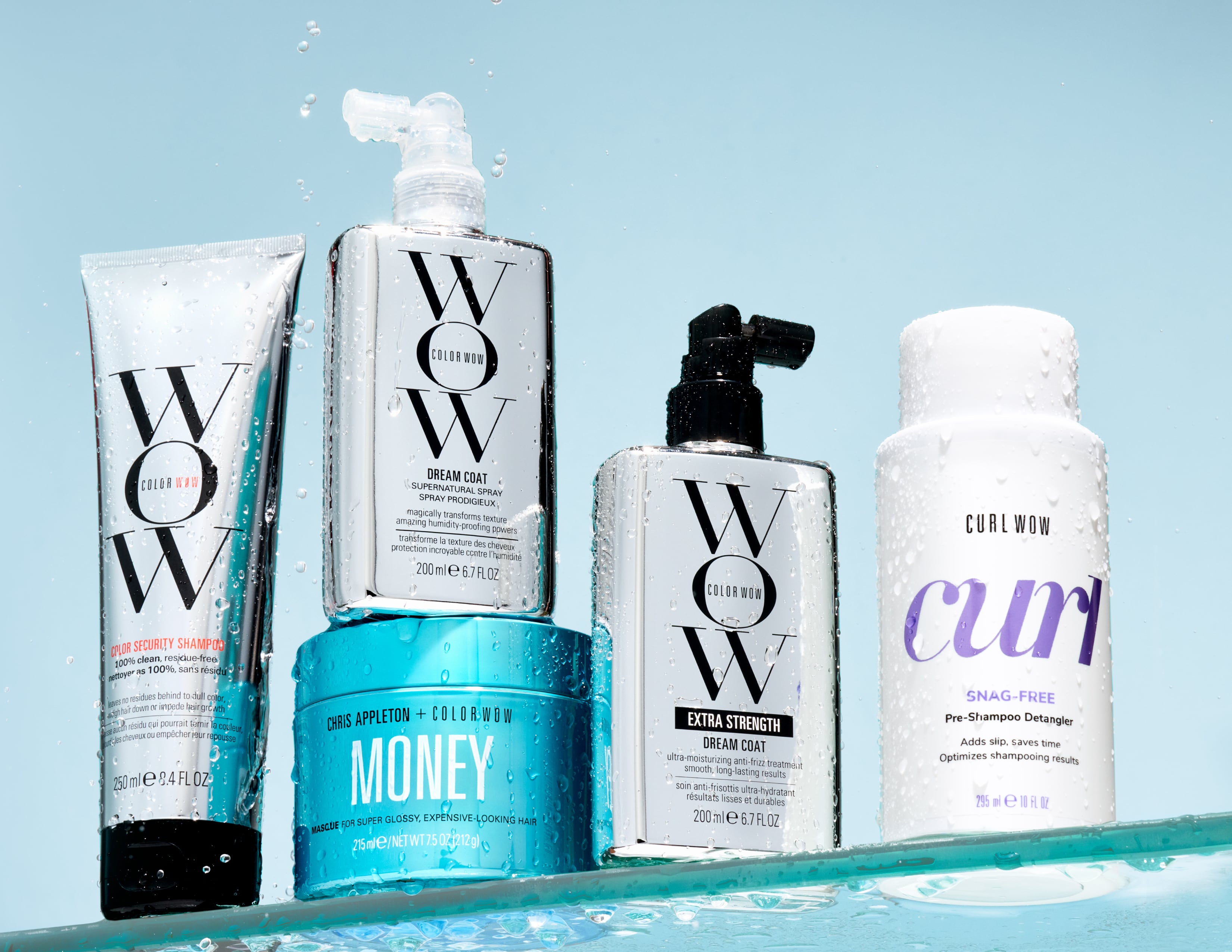The Value of Beauty report, which was commissioned by non-profit The British Beauty Council and undertaken by Oxford Economics, revealed that in 2024 the industry grew by 9%.
The report also showed that the sector grew four times faster than the overall UK economy growth rate and now makes up 11% of the UK’s GDP.
Last year, there was an 8% increase in spending on beauty products and services in UK households, which was cited as one of the key drivers behind the growth.
Professional services made up £10.1bn of this total while personal care products accounted for £22.3 billion. This is a significant increase even after adjusting for inflation (+10% for services and +3% for goods).
Associate director of Oxford Economics’ economic impact department , Vasilis Douzenis, noted that the beauty industry now directly contributes a larger share of GDP than the sports, amusement, and recreation sector.
Douzenis expected that the personal care industry will support a total GDP contribution of £31.5bn in 2025, which will be growth of just 3%.
“This more conservative growth is driven by an expected slowdown in growth of household spending on personal care products and services,” he explained.
UK beauty exports are declining
While there has been growth in consumption of services and products in the UK market, exports from UK beauty brands have declined.
Over the course of 2024, exports by UK beauty and personal care manufacturers totalled £4.3 bn and accounted for 1.3% of total UK goods exports. This is a marked decline since export highs in the 2010s.
CEO of the British Beauty Council Millie Kendall OBE said that beauty’s drop in exports “doesn’t come as a surprise given the repercussions of not only Brexit but also the fluctuation in trade red tape globally.”
She continued: “With 70% of beauty’s exports going to the EU, it is markedly important that policymakers mitigate trading challenges to the rest of the World to aid our global growth.”
“That said, there is a clear appetite from brands to focus on their home market, building our reputation in the UK,” she said.
Since the end of 2020, exports of personal care goods to the EU single market have fallen by -5.9% annually.
The report also showed that since the UK left the EU in 2021, the declining exports have not been offset by greater trade with partners outside of Europe. In fact, there has been a -4.4% annual decline for exports to the rest of the world.
It also appears that the EU is a key trading partner for the beauty industry, as 70% of beauty and personal care exports were to the continent, compared to 47% of non-beauty goods that are exported from the UK to the EU single market.




